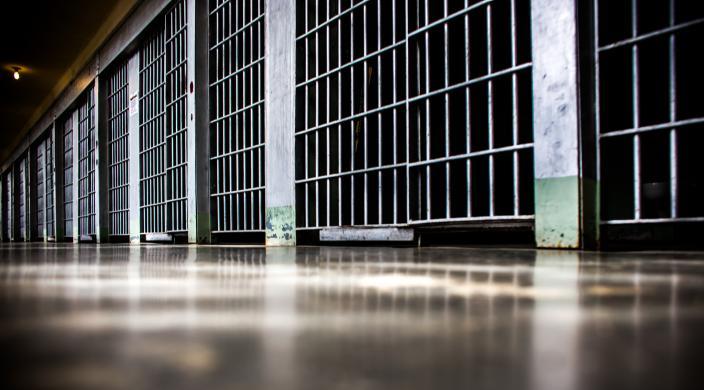
In a political climate marked by partisanship, it is too seldom that we see a willingness for elected officials to reach across the aisle on major national issues. It was therefore nothing short of historic when, on October 1, a bipartisan group comprised of Senators Grassley, Cornyn, Durbin, Leahy, Schumer, Booker, Lee, Scott, Whitehouse and Graham introduced the most significant comprehensive criminal justice reform bill in decades. The Sentencing Reform and Corrections Act (S. 2123) is the best opportunity for Congress to begin to tackle the problem of mass incarceration in America.
Mass incarceration refers to the explosion in America’s prison population at the state and federal levels since the 1980s, when Congress passed many tough-on-crime laws. These laws, responding in part to rising crime rates, included harsh penalties for nonviolent drug offenses.
These policies were an important part of a series of factors that pulled record numbers of individuals into the criminal justice system over the past forty years. Indeed, the population of incarcerated individuals now reaches over two million, with 48% of those in federal prisons serving time for drug offenses. The United States today has the largest prison population in the world both by total number and by percentage.
The effects of over-criminalization and mass incarceration have been incredibly damaging for all Americans, but particularly for racial and ethnic minorities living in the nation’s poorest communities. Although people of color comprise 30% of the U.S. population, they make up 60% of the incarcerated population. One in every three black men can expect to serve in prison at some point in his life, as compared to one in every 17 white men.
These racial disparities do not reflect a greater propensity for illegal drug use or drug crimes among people of color. In fact, a 2009 study by Human Rights Watch confirms that people of color are no more likely to use or sell illicit drugs than white people, despite being arrested for drug offenses at much higher rates.
Jewish tradition teaches us to pursue justice in all aspects of society. In Deuteronomy 16:20, the Torah commands us, “Tzedek, tzedek tirdof” ("Justice, justice you shall pursue"). We are taught that the repetition of the word is not only for emphasis, but also to signify that just ends must be reached with just means. As it is today, our criminal justice system, with its problems of mass incarceration and racial disparities in enforcement and sentencing, punishes unjustly.
The Sentencing Reform and Corrections Act (S. 2123) would signify a major step forward in addressing the injustice of mass incarceration. S. 2123 would reduce mandatory minimums for many nonviolent offenses, give judges greater flexibility in determining punishments when mandatory minimums might otherwise apply, provide prisoners with ways to reduce their sentences for showing good-faith efforts at rehabilitation and ban most forms of juvenile solitary confinement.
Notably, many of the sentencing reforms in the bill would be applied retroactively, meaning that thousands would have a chance at freedom. As this historic bill is taken up by the Senate, we can and must show our support for bipartisan efforts to restore justice and equity to our criminal justice system.
Urge your Senator to cosponsor the Sentencing Reform and Corrections Act.
Related Posts

Harnessing the Power of our Mothers Around the Seder Table

Melding Tradition and Innovation: Our Interfaith Toddler Naming Ceremony


